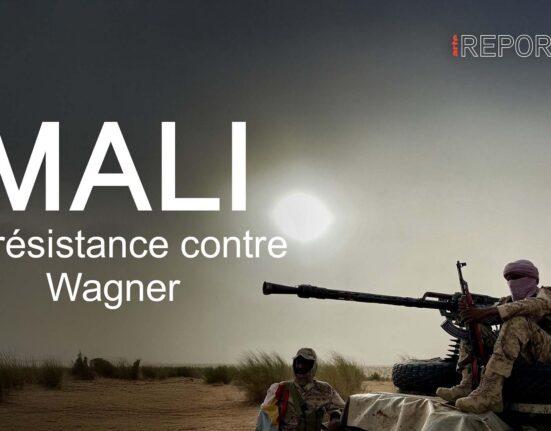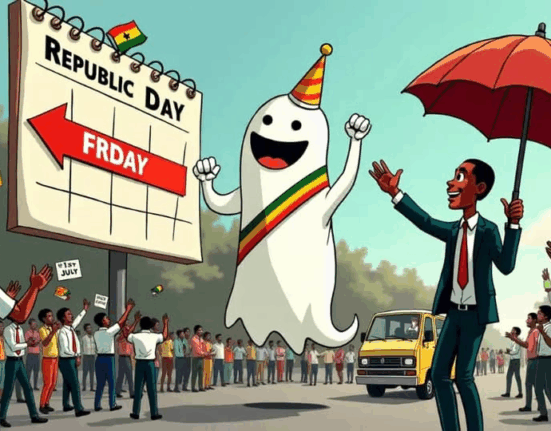On the 3rd of July 2025, a pivotal moment unfolded in Mali’s political landscape as the National Transition Council (CNT) made a groundbreaking decision. Unanimously, the council adopted a monumental revision of the Transition Charter, ushering in a new era of governance with far-reaching implications. This revision marks a significant departure from the previous regulatory framework, eliminating any constraints on the number of times the 5-year term of the transition can be renewed. In a bold move, the transition term is now deemed renewable indefinitely, until the overarching goal of “the pacification of the country” is achieved.
The implications of this unprecedented decision reverberate across Mali, sparking discussions and debates among citizens, political analysts, and international observers alike. The newfound flexibility in the term limits of the transition period opens up a realm of possibilities and uncertainties for the future trajectory of Mali’s political landscape.
It signifies a paradigm shift in the governance structure, challenging traditional notions of presidential term limits and introducing a dynamic element to the country’s leadership dynamics.
Moreover, the revision of the Transition Charter not only extends the tenure possibilities but also brings to light the official confirmation of eligibility for key players within the Transition. Notably, the President of the Transition and other pivotal members of the CNT are now granted the privilege to participate in presidential elections and other general electoral processes. This move reshapes the political landscape by empowering transitional figures to potentially transition into formal leadership roles within the democratic framework.
As news of this transformative development spreads, it ignites a diverse range of reactions and responses within the Malian populace and beyond.
Some view it as a strategic move towards ensuring continuity and stability in governance, allowing experienced transitional leaders to guide Mali through complex challenges.
However, others express concerns about the potential implications of prolonged transitions on democratic principles and the consolidation of power within specific circles. The nuanced perspectives underscore the complexity of navigating political transitions in fragile contexts like Mali.
In an era marked by heightened focus on democratic governance and constitutional norms globally, Mali’s decision to redefine the parameters of transition governance carries broader implications.
It raises fundamental questions about the balance between stability and democratic processes, highlighting the tensions between the need for continuity and the imperative of institutional renewal.
This case study in Mali serves as a lens through which broader trends in transitional governance and political evolution can be analyzed, offering insights into the delicate dance between stability, democracy, and transformative change.
The Malian newspaper article linked in French sheds light on the local discourse surrounding the CNT’s unanimous adoption of the Transition Charter revision. The detailed analysis and commentary within the article provide a deeper understanding of the implications and reactions within the Malian community. This local perspective enriches the global dialogue on governance dynamics and transitional processes, offering a glimpse into the nuanced considerations shaping Mali’s political trajectory.
In conclusion, the decision to allow for indefinite renewals of the 5-year transition term in Mali marks a pivotal moment in the nation’s political evolution. It heralds a new chapter characterized by flexibility, continuity, and potential challenges as the country navigates its path towards pacification and stability.
As Mali charts its course in the post-revision era, the interplay between institutional reforms, democratic values, and leadership transitions will continue to shape the nation’s future trajectory.
The journey ahead is laden with uncertainties and opportunities, highlighting the intricate interplay between governance structures and societal aspirations in the quest for a more stable and prosperous Mali.









Leave feedback about this